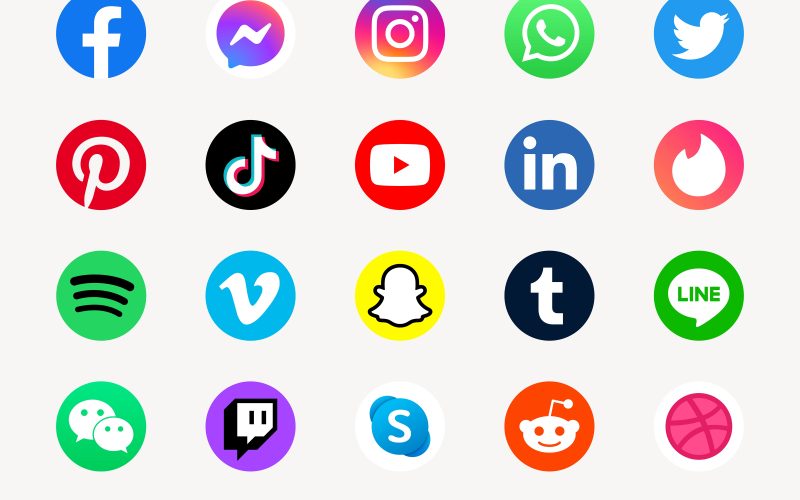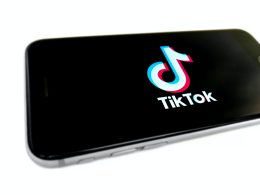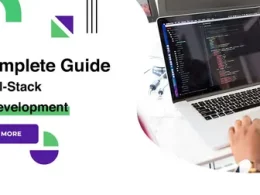In a landmark ruling with significant implications for the tech industry, the Supreme Court has upheld the social media liability shield, a crucial protection for platforms like Google and Twitter. This decision represents a major victory for these tech giants, ensuring their continued ability to moderate content and shield themselves from legal repercussions. In this report, we delve into the details of the ruling, examine the arguments on both sides, and explore the potential consequences for free speech, platform accountability, and the future of online discourse.
The Background:
The social media liability shield, also known as Section 230 of the Communications Decency Act, has been a pillar of the internet’s legal framework for over two decades. It provides online platforms with immunity from legal liability for user-generated content posted on their platforms. This protection has allowed companies like Google and Twitter to thrive by fostering user engagement and encouraging open expression, while avoiding the potential burden of policing every piece of content on their platforms.
The Supreme Court Ruling:
In a highly anticipated decision, the Supreme Court has upheld the social media liability shield, emphasizing its importance in promoting free speech and innovation on the internet. The justices reasoned that holding platforms accountable for user-generated content would have a chilling effect on online discourse and stifle the exchange of ideas. They maintained that users, rather than the platforms themselves, should be responsible for their own content.
Arguments for Upholding the Shield:
Supporters of the social media liability shield argue that it provides necessary protections for online platforms, allowing them to maintain an open and inclusive digital environment. They assert that without this shield, platforms would be incentivized to over-moderate content to avoid legal risks, potentially censoring legitimate speech and hindering the free flow of information. Additionally, they contend that holding platforms liable for user-generated content would place an insurmountable burden on these companies, hindering innovation and stifling competition.
Critiques and Calls for Reform:
Critics of the social media liability shield argue that it has enabled tech giants to evade responsibility for harmful or false content spread on their platforms. They contend that these platforms have not done enough to combat misinformation, hate speech, and other harmful content, leading to real-world consequences. Some lawmakers and advocacy groups have called for reforms to Section 230, advocating for greater platform accountability and a reassessment of the balance between freedom of speech and the prevention of online harm.
Impact on Free Speech and Online Discourse:
The Supreme Court’s decision to uphold the social media liability shield is seen by many as a victory for free speech on the internet. By maintaining a legal framework that encourages robust online discussions and protects platforms from potential legal threats, the ruling aims to safeguard the diverse and dynamic nature of online discourse. However, critics argue that the shield’s broad immunity can also facilitate the spread of harmful content, necessitating a delicate balance between freedom of expression and platform responsibility.
Tech Industry Implications:
The Supreme Court’s ruling has significant implications for the tech industry, particularly for platforms like Google and Twitter. Upholding the social media liability shield ensures that these companies can continue to operate with the freedom to moderate content and make editorial decisions without the fear of facing legal repercussions. This decision reinforces the existing legal framework and provides a level of stability for these platforms as they navigate the complex landscape of online content moderation.
Calls for Congressional Action:
While the Supreme Court’s decision offers clarity on the current state of the social media liability shield, some argue that further legislative action is necessary. Critics and proponents of reform alike recognize the need for a comprehensive discussion on the responsibilities and limitations of online platforms. Congressional action could bring about changes to Section 230, striking a balance that addresses concerns about harmful content while preserving the spirit of free expression.
Conclusion:
The Supreme Court’s decision to uphold the social media liability shield represents a significant victory for tech giants like Google and Twitter. By reaffirming the shield’s role in fostering free speech and innovation on the internet, the ruling maintains a legal framework that has underpinned the growth of online platforms. As the debate around platform accountability continues, it remains crucial to strike a balance between protecting free expression and addressing the challenges posed by harmful content in the digital age.












